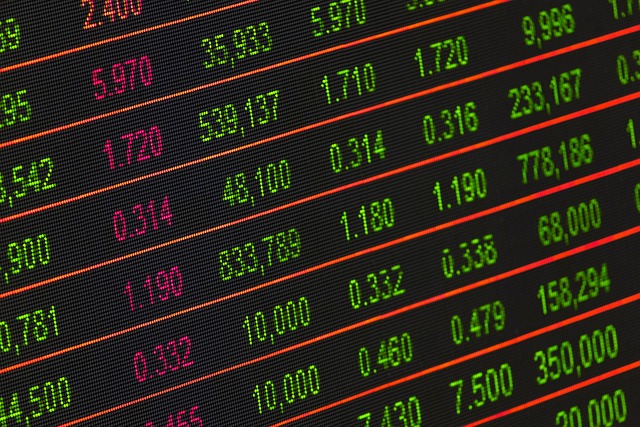The Hidden Dangers of the Information Economy: How Constant Connectivity is Fueling Addiction
In today’s fast-paced world, we find ourselves immersed in the information economy, a landscape dominated by technology and connectivity. It’s a realm where information flows seamlessly, empowering us to learn, communicate, and consume at unprecedented speeds. However, beneath this veneer of convenience lies a darker side—a growing addiction fueled by our incessant need to stay connected.
It’s hard to deny the allure of instant gratification associated with our smartphones and the internet. The endless stream of notifications, social media updates, and news alerts creates an addictive cycle that pulls us deeper into a vortex of constant engagement. This phenomenon is not merely a harmless pastime; it represents a profound shift in how we relate to the world and to one another.
As we navigate our daily lives, it becomes increasingly challenging to disconnect. The beeping of a notification can trigger a rush of dopamine—a neurotransmitter that plays a crucial role in reward-motivated behavior. Each ‘like’ or comment becomes a source of validation, making it harder to resist the urge to check our devices frequently. With the information economy molding our habits, we often find ourselves scrolling through feeds at the expense of face-to-face interactions, real experiences, and even our mental health.
The addiction to connectivity is characterized not just by our overt actions but also by the anxiety that brews in its absence. Many individuals report feelings of withdrawal when unable to access their devices or the internet, indicating that this is more than just a habit; it has evolved into a dependency. As a result, our productivity suffers, relationships stagnate, and our overall well-being takes a hit. The paradox of the information economy is that while it connects us in one sense, it simultaneously alienates us in another.
The ramifications of this addiction extend beyond personal discomfort. Studies have linked excessive screen time and social media use to mental health issues, including anxiety and depression. The constant barrage of curated images and achievements can lead to feelings of inadequacy, further perpetuating the cycle of compulsive behavior. This is particularly alarming for younger generations who have grown up in a world where digital validation is a key component of social interaction.
To combat this digital dependency, it’s essential to implement deliberate strategies for managing our connectivity. Practicing mindfulness, setting boundaries around device usage, and dedicating tech-free time can help break the cycle. We must consciously create space for genuine connections and prioritize the quality of our interactions over the quantity of our likes.
As the information economy continues to evolve, it is crucial that we equip ourselves with tools to navigate its complexities without becoming victims of its allure. Only then can we reclaim our time, enhance our relationships, and foster a healthier balance between our online and offline lives.



